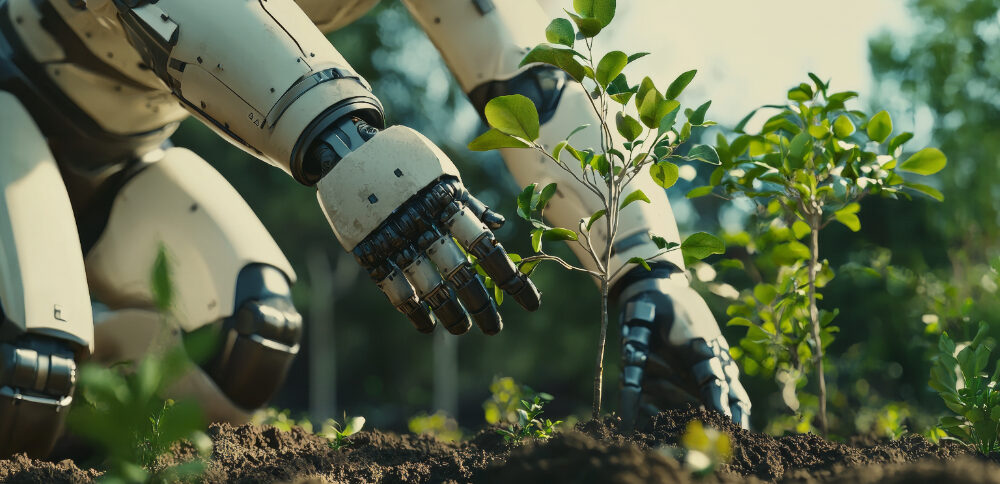Sustainable agriculture has evolved significantly in recent years, integrating innovative technologies and practices to meet the growing global food demand while preserving environmental health.
These advancements not only enhance productivity but also promote resource efficiency and ecological balance.
Precision Agriculture
Precision agriculture utilizes technologies such as GPS mapping, soil sensors, and drones to monitor and manage crop fields with high accuracy.
This approach allows farmers to apply water, fertilizers, and pesticides precisely where needed, reducing waste and environmental impact.
The USDA National Institute of Food and Agriculture highlights that precision agriculture enables targeted treatment of specific areas or individual plants, optimizing resource use.
Biotechnology and Genetic Engineering
Advancements in biotechnology, including genetic engineering, have led to the development of crop varieties with improved traits such as drought tolerance, pest resistance, and higher nutritional value.
The Innovative Genomics Institute has been working on CRISPR protocols for editing over 30 common crop species, aiming to enhance resilience and productivity.
Artificial Intelligence and Machine Learning
Artificial intelligence (AI) and machine learning are transforming agriculture by enabling real-time data analysis and decision-making.
AI-powered tools assist in soil analysis, crop monitoring, and yield prediction, leading to more efficient farming practices.
For instance, AI-driven soil analysis systems have achieved high accuracy in classifying soil pH levels, facilitating precise soil management.
Internet of Everything (IoE)
The integration of the Internet of Everything (IoE) in agriculture connects various devices and systems, enhancing data collection and analysis.
This connectivity supports sustainable and precision agriculture by improving resource management and operational efficiency.
Research indicates that IoE technologies can significantly boost agricultural yield and productivity.
Vertical Farming
Vertical farming involves growing crops in stacked layers, often in controlled indoor environments. This method maximizes space utilization, reduces water usage, and minimizes the need for pesticides. Vertical farming is gaining traction as a sustainable solution to urban food production challenges.
Drought-Resistant Crops
Developing drought-resistant crop varieties is crucial in addressing climate change impacts. Through advanced breeding techniques and genetic modifications, scientists are creating crops that can thrive in water-scarce conditions, ensuring food security in vulnerable regions.
Sustainable Soil Management
Enhancing soil health is fundamental to sustainable agriculture. Practices such as cover cropping, reduced tillage, and organic amendments improve soil structure and fertility.
Innovative soil management techniques are being developed to optimize soil health and carbon sequestration.
The continuous advancement of sustainable agriculture techniques is vital for meeting the food needs of a growing population while protecting the environment.
By embracing these innovations, the agricultural sector can achieve greater efficiency, resilience, and sustainability.
Explore how these sustainable agriculture advancements can benefit your farming practices. Stay informed about the latest technologies and consider integrating them into your operations to contribute to a more sustainable future.


